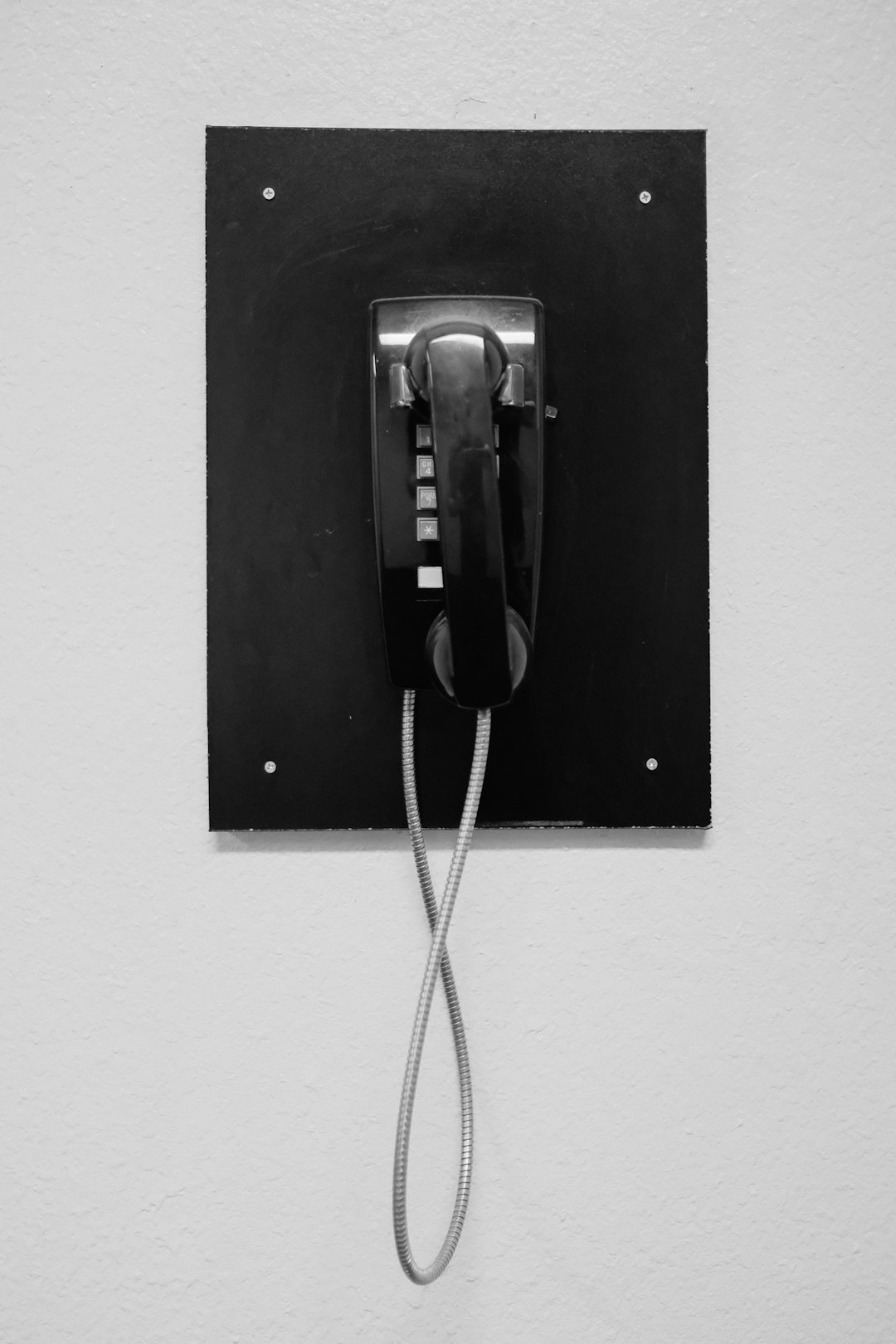In Georgia, debt collectors must adhere to state and federal regulations like the FDCPA and Consumer Credit Code. Violations include abusive language, false claims, or unfair methods. Consumers can report these issues by documenting interactions, gathering evidence, and contacting the Georgia Attorney General's Office or FTC. Consulting a lawyer specializing in Georgia's debt collector laws is crucial for understanding rights and protecting against harassment. Documentation of every interaction is essential for advocacy and facilitating investigations. Lawyers guide clients through legal systems, file complaints, and represent in court to ensure fair treatment and respect for consumer rights. After reporting, gather documentation and consult with a local lawyer specializing in consumer rights and debt collection laws to pursue legal action if necessary.
In Georgia, understanding your rights against aggressive debt collectors is crucial. The Fair Debt Collection Practices Act (FDCPA) protects consumers from abusive collection tactics. If a debt collector violates these laws, it’s essential to know how to report them. This guide breaks down the process, from identifying illegal practices to documenting evidence and seeking legal counsel from a Georgia lawyer specializing in debt collection laws. Learn the steps to ensure justice and protect your rights.
Understanding Debt Collection Laws in Georgia

In Georgia, both state and federal laws govern debt collection practices to protect consumers from aggressive or unfair tactics. Understanding these laws is crucial when considering how to report a debt collector. The Fair Debt Collection Practices Act (FDCPA) sets national standards for debt collectors, ensuring they treat consumers fairly and respectfully. In Georgia, the Consumer Credit Code further regulates debt collection agencies and creditors.
If you believe a debt collector has violated your rights under these laws—such as using abusive language, making false claims, or employing unfair collection methods—you may have grounds to file a complaint with the Georgia Attorney General’s Office or consult with a lawyer specializing in debt collector laws in Georgia. Such legal professionals can guide you through the process of reporting and help ensure your rights are protected.
When and How to Report a Debt Collector

If you feel that a debt collector has violated your rights or engaged in unfair practices, it’s crucial to take action. In Georgia, debt collectors must adhere to strict regulations outlined by both state and federal laws, including the Fair Debt Collection Practices Act (FDCPA). The FDCPA protects consumers from abusive, deceptive, or harassing collection tactics.
You can report a debt collector to the appropriate authorities in Georgia by documenting the specific incidents of misconduct, gathering any relevant evidence, and contacting either the Georgia Attorney General’s Office or filing a complaint with the Federal Trade Commission (FTC). Additionally, consulting with a lawyer specializing in debt collector law in Georgia can provide valuable guidance on your rights and the best course of action to protect yourself from further harassment.
Documenting the Incident: What to Keep

When reporting a debt collector in Georgia, documenting the incident is crucial. Keep detailed records of all interactions with the collector, including dates, times, and a summary of what was said. Note any threats, harassment, or unfair practices they employ. Take pictures of any relevant documents or evidence, such as collection letters, emails, or text messages.
Maintain a log of all actions taken to resolve the issue, like sending cease and desist letters or contacting regulatory bodies. Save any correspondence from your lawyer for debt collector laws in Georgia, as this can serve as critical proof during the reporting process. These thorough records will empower you to effectively advocate for your rights and ensure a proper investigation into the debt collector’s conduct.
The Role of a Lawyer in Debt Collection Cases

In debt collection cases, having a lawyer by your side can be invaluable. A lawyer specializing in this area understands the intricate laws and regulations governing debt collection practices, especially in Georgia. They play a crucial role in protecting consumer rights and ensuring fair treatment during the entire process.
If you’re facing aggressive or illegal debt collection tactics, a lawyer for debt collectors in Georgia can guide you through your options. They can help navigate the complex legal system, file complaints against unethical collectors, and represent you in court if necessary. Their expertise enables them to negotiate on your behalf, ensuring that your rights are respected while managing the debt recovery process effectively.
Steps After Reporting: Ensuring Justice

After reporting a debt collector to the appropriate authorities in Georgia, it’s crucial to take additional steps to ensure justice is served. The first step is to gather all relevant documentation related to your case, including any communication with the debt collector, contracts, or notices you’ve received. This evidence can be invaluable when pursuing legal action against the offender.
Consider reaching out to a lawyer specializing in consumer rights and debt collection laws in Georgia. They can provide guidance tailored to your situation, help interpret the law, and represent you if further legal action is necessary. With their expertise, they’ll ensure that your rights are protected and that the debt collector faces appropriate consequences for their actions.






